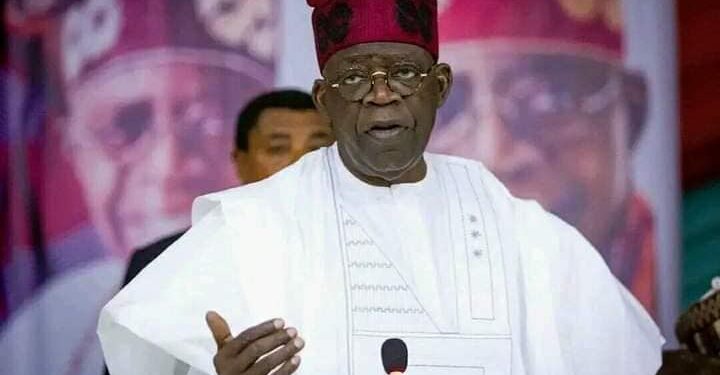As President Bola Tinubu’s administration approaches its two-year milestone next week, the Central Results Delivery and Coordination Unit (CDCU) is working around the clock to finalize a comprehensive evaluation of ministerial performance for the first quarter of 2025.
The timing of these assessments is particularly significant as the administration reaches its mid-term on May 29, a traditional checkpoint for evaluating government effectiveness and potential cabinet recalibration.
According to senior administration officials who requested anonymity due to the confidential nature of the process, the eagerly anticipated scorecards are expected “imminently” and are generating considerable anxiety among ministries with questionable track records.
“The verification teams have been meticulously examining all submissions and evidence of claimed achievements,” revealed a senior presidency source. “Preliminary findings suggest that while a small number of ministers have exceeded expectations, many departments are showing merely average performance metrics.”
The CDCU, established to implement rigorous accountability measures across government, conducts quarterly evaluations that require ministries to submit concrete evidence of project implementation and policy milestones. The unit’s verification team, under the leadership of Special Adviser Hadiza Bala-Usman, has been conducting thorough reviews of these submissions.
These assessments hold significant weight following President Tinubu’s unambiguous warning during the 2023 cabinet retreat: “If you are performing, nothing to fear. If you miss the objective, we’ll review it. If there’s no performance, you leave us. No one is an island, and the buck stops on my desk.”
The President has already demonstrated his willingness to act on these evaluations. In October 2024, based on CDCU recommendations, he implemented substantial cabinet changes, reassigning several ministers and removing two others deemed underperforming after just 16 months in office.
Bala-Usman, appointed as Special Adviser on Policy and Coordination in June 2023 after serving as Managing Director of the Nigerian Ports Authority, has transformed the CDCU into a formidable accountability mechanism modeled after similar successful units in the United Kingdom and Rwanda.
During a televised interview with TVC in February, Bala-Usman emphasized the practical impact of these assessments. “These aren’t merely academic exercises or bureaucratic formalities,” she stated. “The quarterly evaluations directly inform presidential decision-making.” She further revealed that previous assessment cycles had already prompted “targeted interventions” and strategic adjustments in at least three ministries.
To ensure methodological rigor, the administration invested in capacity building earlier in the term, with over 140 officials from 35 federal ministries, departments, and agencies receiving specialized training in performance evaluation methodologies. This network of trained officials, primarily directors and planning specialists, now forms the backbone of the government’s internal assessment infrastructure.
Policy analysts note that while immediate cabinet changes are unlikely following this particular assessment cycle, the findings will undoubtedly shape the President’s thinking as he considers potential adjustments heading into the second half of his term.
Dr. Folasade Adebayo, governance expert at the Centre for Public Accountability, told our correspondent: “The administration is at a critical juncture. These mid-term evaluations typically serve as a foundation for strategic recalibration as a government shifts from policy development to implementation and legacy building.”
As the administration prepares to mark its second anniversary, all eyes will be on which ministers receive presidential commendation and which may find themselves under increased scrutiny following the CDCU’s determinations.

















